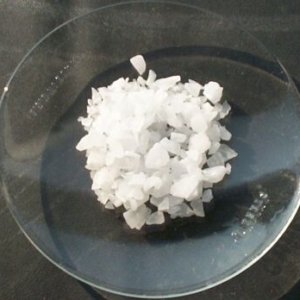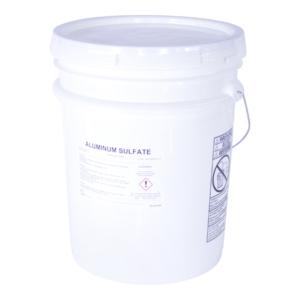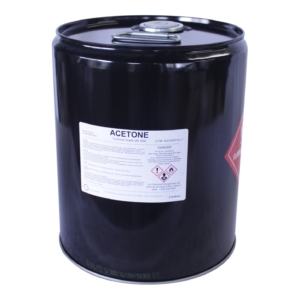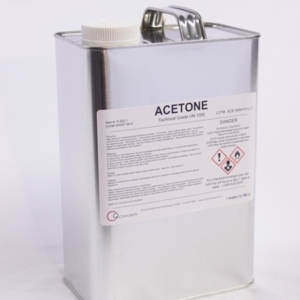Description
Citric Acid
From Wikipedia, the free encyclopedia
Citric acid is a weak organic acid found in citrus fruits. It is a natural preservative and is also used to add an acidic (sour) taste to foods and soft drinks. In biochemistry, it is important as an intermediate in the citric acid cycle and therefore occurs in the metabolism of almost all living things. It also serves as an environmentally benign cleaning agent and acts as an antioxidant.
Citric acid exists in a variety of fruits and vegetables, but it is most concentrated in lemons and limes, where it can comprise as much as 8% of the dry weight of the fruit.
Properties
At room temperature, citric acid is a white crystalline powder. It can exist either in an anhydrous (water-free) form, or as a monohydrate that contains one water molecule for every molecule of citric acid. The anhydrous form crystallizes from hot water, while the monohydrate forms when citric acid is crystallized from cold water. The monohydrate can be converted to the anhydrous form by heating it above 74 °C. Citric acid also dissolves in absolute (anhydrous) ethanol (76 parts of citric acid per 100 parts of ethanol) at 15 degrees Celsius.
Chemically, citric acid shares the properties of other carboxylic acids. When heated above 175 °C, it decomposes through the loss of carbon dioxide and water. Lemons,grapefruits and other citrus fruit contain citric acid





